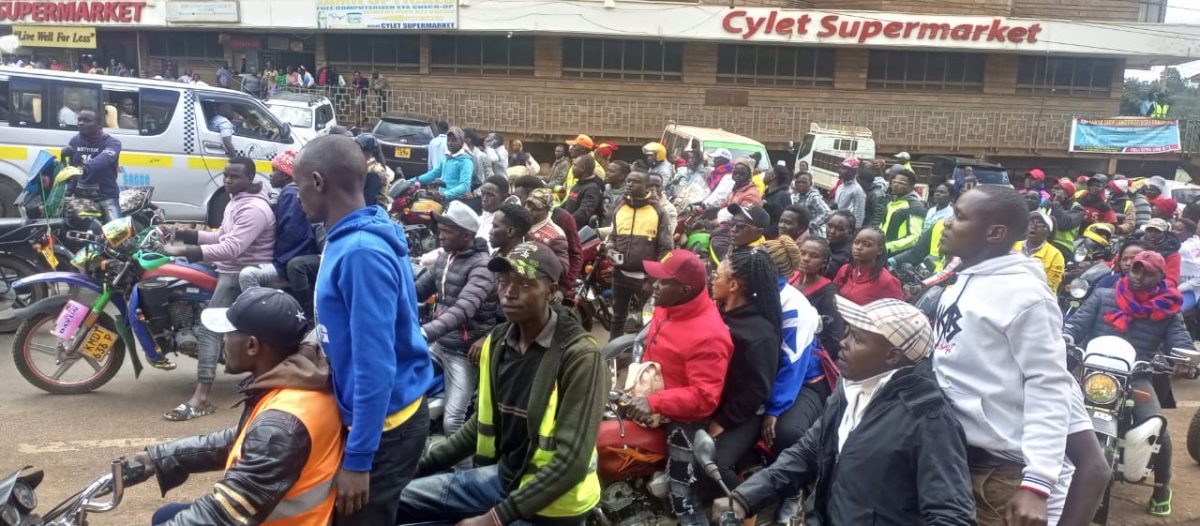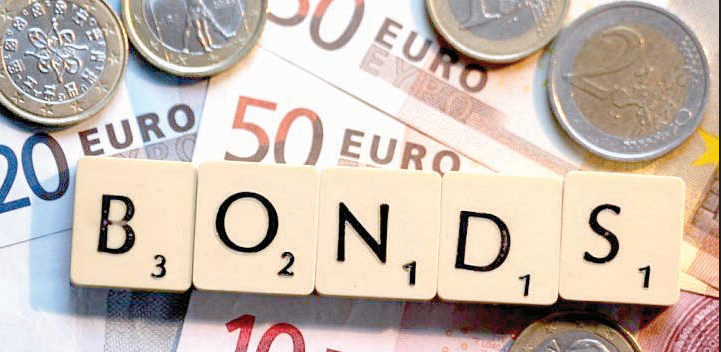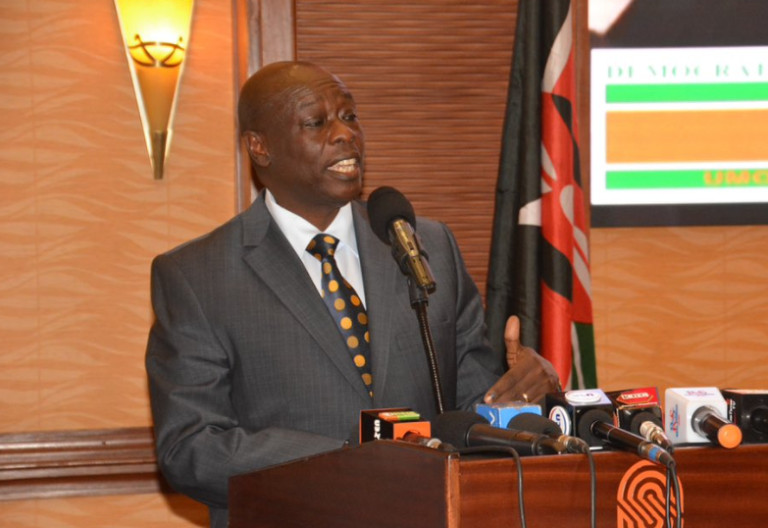Steep rise in cost of essentials dims Xmas prospects

Kenyans should brace themselves for a tough end of year following a surge in prices of basic commodities.
The high costs of essential goods will affect budgets of households as many plan for December festivities.
A cross-section of traders in five counties complained about a major increase in the cost of cooking oil, milk, sugar, bread, bottled water, soda, cooking gas, maize flour and bar soap.
A spot check in major outlets showed that the cost of 1kg of sugar has risen from Sh125 to Sh160 in the last two weeks while the cost of a 400-grams of bread has risen from Sh50 to Sh55 while that of a 2kg loaf has shot up from Sh220 to Sh280.
The cost of a 2kg packet of maize flour has also increased from Sh105 to Sh125 while the price of a 500ml packet of milk has risen from Sh50 to Sh56.
The cost of one litre of cooking oil has gone up from Sh265 to Sh325 while that of an 800-gram bar soap has risen from Sh120 to Sh150 since the month began, the survey showed.
The rising cost of living has forced most urban residents to consider foregoing the annual migration to rural homes for festivities in order to save for the new school term which starts in the first week of January.
Dorcas Wangui, a food vendor in Nakuru, says the soaring prices of food had forced her to increase prices of her products.
“I used to make at least Sh1,000 on a daily basis when my stocks were readily available. At the moment, to even take home Sh100 is a blessing,” said Wangui while Charity Nyaguthii, a retailer, said they have to increase prices to make a profit.
Clean energy
In Mombasa, most gas dealers said they were incurring huge losses occasioned by the escalating prices.
“The prices have gone so high that our clients have disappeared and the business has gone down. Since I started this business, I have never had more than five empty cylinders but today I have more than 300 empties. This is because clients cannot afford the prices,” said Mercy Wangui, a gas dealer in the Kongowea.
Wangui, who said a six-kilogram cylinder of Sea Gas had increased from Sh600 to Sh1,400, does not understand the sudden rise considering that the government had assured them the prices would reduce to encourage the use of clean energy.
In the last two weeks, the price of sugar has also gone up by more than 30 per cent due to an acute shortage, with retailers and suppliers engaging in buck-passing.
Whereas retailers accuse suppliers of hoarding the commodity to create an artificial shortage, the suppliers are accusing State agencies of blocking the product at the Port of Mombasa.
As a result, a kilogramme of sugar is retailing at Sh170 in some towns up from Sh130 at the end of last month.
Due to the shortage, some unscrupulous traders are diverting sugar from neighbouring countries into the local market.
And with several sugar factories in Western Kenya closed due to failure to pay farmers or mechanical breakdowns, the country has been forced to rely on imports.
According to Dan Kinyua, a trader in Narok town, the shortage is getting worse by the day, leading to a sharp increase of prices.
“The suppliers claim there is no sugar at the port while others accuse sugar barons of hoarding the product leading to the current crisis,” said Kinyua.
Ann Waki a trader in Gilgil town said that a kilogramme was going for Sh155, up from Sh120 a fortnight ago, prompting supermarkets to ration the commodity.
“The supermarkets have put a limit of 4kg per person as the shortage gets worse and we are yet to understand what the problem is,” said Waki.
In Nairobi, Benard Ngeno, the chief cashier of QuickMatt Supermarket in Kitengela, said price changes have been in place for the last one week, with main products affected including sugar, bread, maize flour, cooking oil, products that Bethwel Mariga, a shop owner on the Syokimau Katani road said had also gone up.
Inflation adjustement
An importer, who declined to be named, said tens of ships loaded with sugar were waiting to be offloaded at the Port of Mombasa, and blamed the slow pace of inspection and new rules introduced by KRA and Kenya Bureau of Standards (KEBs) for the shortage.
“We are getting different information from KRA and KEBs on when the sugar will be offloaded and all we can do is wait,” said the trader.
Two weeks ago, police in Naivasha seized 600 bags of sugar that had been diverted into Kenya from Uganda.
The pinch is set to squeeze even more as the taxman moves to introduce the 4.97 per cent inflation adjustment on specific rates of excise duty beginning this month.
The authority is said to have discretely introduced the duty despite public outcry that prevented its scheduled introduction on October 1.
As expected, the levy will have a bearing on the prices of 31 products among them bottled water, beer, chocolate, juices, bottled water, spirits, cigarettes and motorcycles, with adverse financial ramifications on households and businesses that are already hurting.
The situation will be complicated more by container shortages and high cost of fuel on the back of Covid-19 shocks which have seen delays in production and export of goods.
“The economy is not very good and we need to make it our biggest agenda for the 2022 General Election,” said Stephen Mutoro, Secretary-General of the Consumer Federation of Kenya (Cofek).
He said the government should lower the cost of key utilities like electricity and fuel, which has multiplier effect on the cost of production and is, therefore, a major driver of inflation.
“Now that the economy has opened up, the Kenya Revenue Authority should also be facilitative, especially to the small and medium enterprises to afford them a sense of livelihood,” he said.
Mutoro said many Kenyans were under the yoke of taxation which allowed third-tier taxes where regulatory levies “just wake up and impose levies”.
In the current circumstances, Kenyans are torn between Christmas spending and saving for the schools third term.
With global petroleum inventories having already fallen to their lowest seasonal level for seven years, and as producers fail to increase output to match the rebound in consumption after the pandemic shocks, the fuel crunch is set to continue.
This means Kenyan consumers should expect higher landing costs because of heavy demand from major importers which translates to higher prices.
As for the festive season, Kenya which usually uses a pricing mechanism using stock bought one month in advance, means that December stock will arrive at the port this month.
When oil prices rise, the prices of food, transport and other services tag along creating an inflationary whirlwind. With most Kenyans expected to travel to their rural home for Christmas festivities, bus fares are set to rise as matatu operators factor in fuel costs.
All this comes on the back of economic shocks occasioned by the Covid-19 pandemic.
The cost of living eased slightly in October as strict Covid-19 measures were lifted and transport costs dropped.
Monthly inflation data by KNBS shows the overall rate of inflation in October was 6.45 per cent down from 6.91 per cent in September.
However, the November and December rising costs point to gloomy times ahead.











